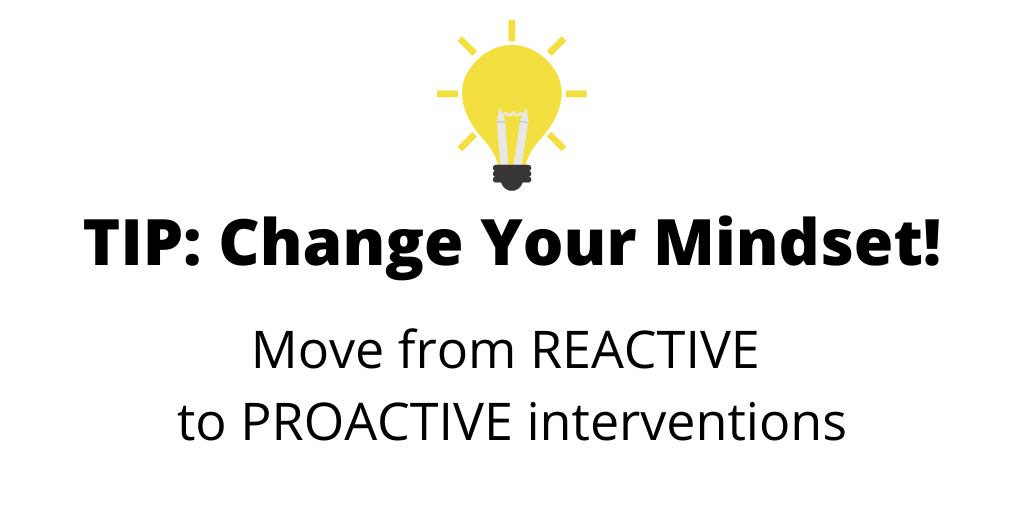Managing Challenging Behaviors (Part Two)

64-93% of individuals with ASD (Autism Spectrum Disorder) exhibit one or more challenging behaviors (McTiernan et al., 2011; Murphy et al., 2009)
Severe challenging behaviors include:
- Physical Aggression
- Property Destruction
- Self-Injurious Behavior
Such behaviors negatively impact the functioning level and quality of life of these individuals.
Some of the treatments used to decrease these challenging behaviors include ABA and psycho-educational treatments, biomedical treatments, restraint and seclusion.
Let’s first define restraint and seclusion as well as physical escort:
Restraint: a personal restriction that immobilizes or reduces the ability of a student to move his or her torso, arms, legs or head freely. The term physical restraint does not include physical escort.
Seclusion: the involuntary confinement of a student alone in a room or area, which the student is physically prevented from leaving.
Physical Escort: a temporary touching or holding of the hand, wrist, arm, shoulder or back for the purpose of inducing a student who is acting out to walk to a safe location.
Restraint & Seclusion is not blocking, evading, physical prompts to foster skill engagement, sensory integration (pressure, squeezes, etc.)
Restraint is not a function based intervention. Restraint simply stops a behavior but it is not educating or teaching the student.

In addition to changing our mindset, we need to understand the function of the behavior, develop goals as functionally equivalent replacement behaviors (FERB), functional communication, tolerance, regulation and coping.

EXAMPLE:
A (Antecedent)- Student enters classroom and sees classroom aide waiting
B (Behavior)- Student elopes
C (Consequence)- Classroom aide redirects student to sit at desk
First note that intervention in this situation cannot start at the consequence. It is important that we gather ABC data on any behavior first, then we need to note precursor behaviors with that information.
We believe that it is not helpful to only have a behavior intervention plan (BIP), we must also provide replacement behaviors when reducing behaviors.
If you have any questions about this information or you would like to know how to schedule a consultation with our team, please email mtomaino@portviewpreparatory.com or emiguel@portviewpreparatory.com